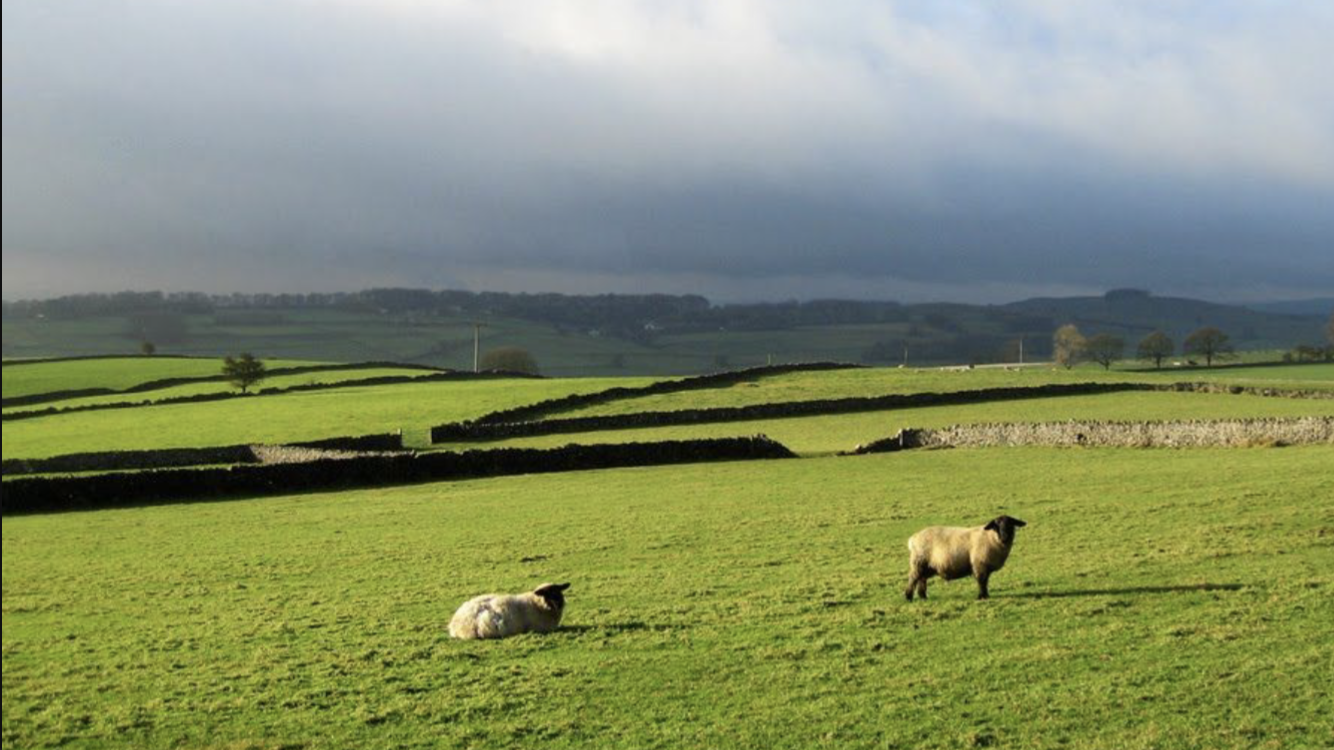Storing and transporting black soldier fly larvae: part 8
Black soldier fly larvae requires careful handling to maintain their quality and ensure they reach their destination in optimal condition. Here are some guidelines on how to store and transport BSFL effectively:
1. Storage Conditions:
- Temperature: Store BSFL at temperatures between 10°C to 15°C (50°F to 59°F). Avoid temperature fluctuations and extremes, as they can stress the larvae and reduce their shelf life.
- Humidity: Maintain moderate humidity levels (around 60% to 70%) to prevent desiccation of the larvae. Use breathable packaging or storage containers to allow for air circulation and prevent moisture buildup.
- Ventilation: Provide adequate ventilation to prevent the buildup of gases and odors. Avoid airtight containers, as they can lead to suffocation and spoilage of the larvae.
- Cleanliness: Ensure storage containers are clean and free from contaminants to prevent the growth of mold or bacteria. Regularly inspect and clean storage areas to maintain hygiene standards.
2. Packaging:
- Containers: Use durable and lightweight containers for storing BSFL during transportation. Plastic bins, buckets, or breathable bags are suitable options. Ensure containers are securely sealed to prevent spills or leaks during transit.
- Insulation: If transporting BSFL over long distances or in extreme temperatures, consider using insulated packaging or coolers to maintain the desired temperature range.
- Protective Padding: Use padding or cushioning materials to prevent physical damage to the larvae during transit. Avoid stacking containers too high to prevent crushing or smothering of the larvae.
3. Transportation:
- Handling: Handle BSFL with care during loading and unloading to minimize stress and damage. Avoid excessive shaking or agitation, as it can harm the larvae and reduce their viability.
- Temperature Control: During transportation, monitor and regulate temperature conditions to ensure they remain within the recommended range. Use refrigerated vehicles or insulated containers for temperature-sensitive shipments.
- Timeliness: Plan transportation routes and schedules to minimize transit times and avoid delays. Prompt delivery helps maintain the freshness and quality of the larvae.
- Documentation: Keep accurate records of transportation activities, including dates, times, and temperature readings. Maintain chain of custody documentation to ensure traceability and accountability.
4. Compliance:
- Regulatory Requirements: Ensure compliance with relevant regulations and permits governing the transportation of live insects or animal feed products. Familiarize yourself with any specific requirements or restrictions applicable to BSFL transport in your region.
By following these guidelines and best practices, you can store and transport black soldier fly larvae safely and effectively, preserving their quality and ensuring they reach their destination in optimal condition. Regular monitoring and attention to detail are essential for successful storage and transportation of BSFL.
Coming next:
Part 9 Selling Black Soldier Fly Larvae Can Be Lucrative
